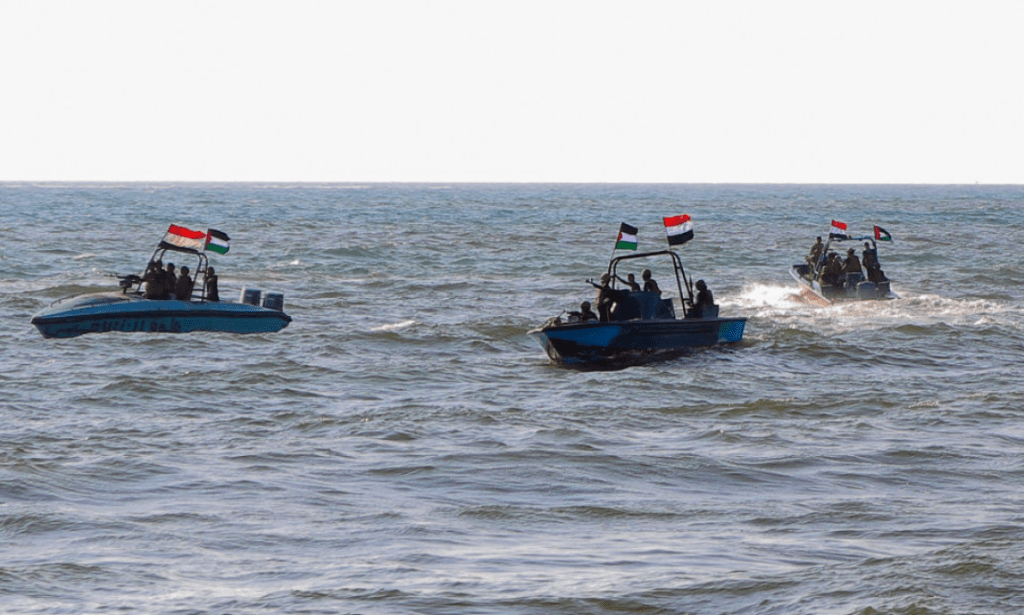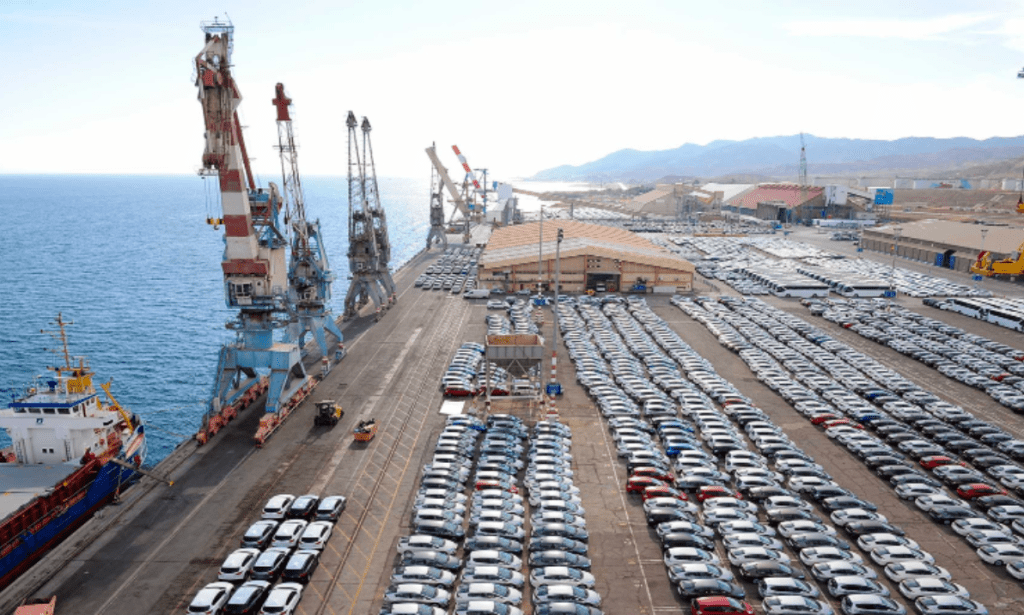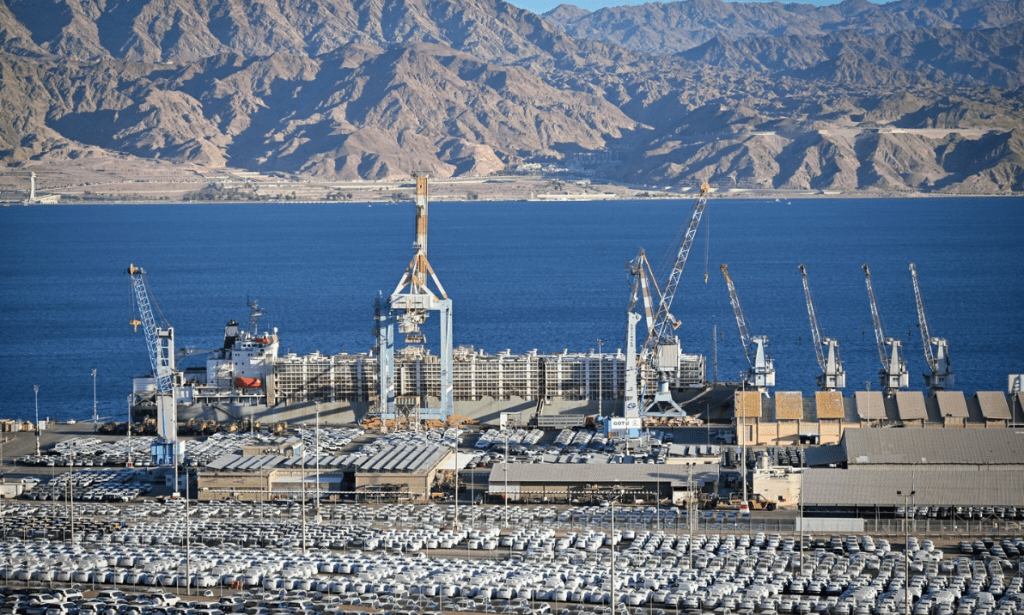Sitting on the southern tip of Israel is the Port of Eilat, overlooking the Red Sea. This port has seen a major decline of activity and is currently facing bankruptcy.
Impact Of Houthi Attacks
Since October, with it being on the coast of Israel, Houthi rebels, who control most of Yemen, have been targeting and striking ships known to be aiding Israel. The worst strike was back in January when Houthis were responsible for a large-scale drone and missile attack in the Red Sea.


So far, Houthis’s action has diverted hundreds of container vessels every week on a much longer journey, some 6400 km. That eventually led the port to declare bankruptcy in December of last year because of an 85% drop in activity. As such, the port is seeking emergency state funding.
“The port has been non-operational for eight months due to attacks, meaning it has no revenue,” Gideon Golber, the port’s CEO, said on June 30 during a meeting at the country’s Parliamentary Economic Affairs Committee.
More About The Port
This particular port was built in the 1950s and is known to handle bulk cargoes, potash, and car imports. Its main role is to allow Israeli shipping to reach the Indian Ocean without having to sail through the Suez Canal. In addition, it serves as a southern gateway to Israel for shipments from East Africa, Asia, and the Far East.


It played a big role in importing oil to Israel. In the 1960s, reports suggested that “90 percent of Israel’s annual oil requirement is imported through Eilat.”
One of the major users of the port is known as the ICL Dead Sea, which conducts mining operations at the Dead Sea and extracts potash, which then gets exported using the Eilat Port to India, China, and the Far East.
What’s Next?
Beyond its current bankruptcy, the port has been suffering low ship traffic since 2007, when Zim Integrated Shipping Services Ltd stopped visiting the port and chose to ship at Israel’s other Mediterranean ports instead.
Seeing how the port is facing a financial burden, it is unknown what will happen to it in the future, especially if the Houthi attacks continue.



